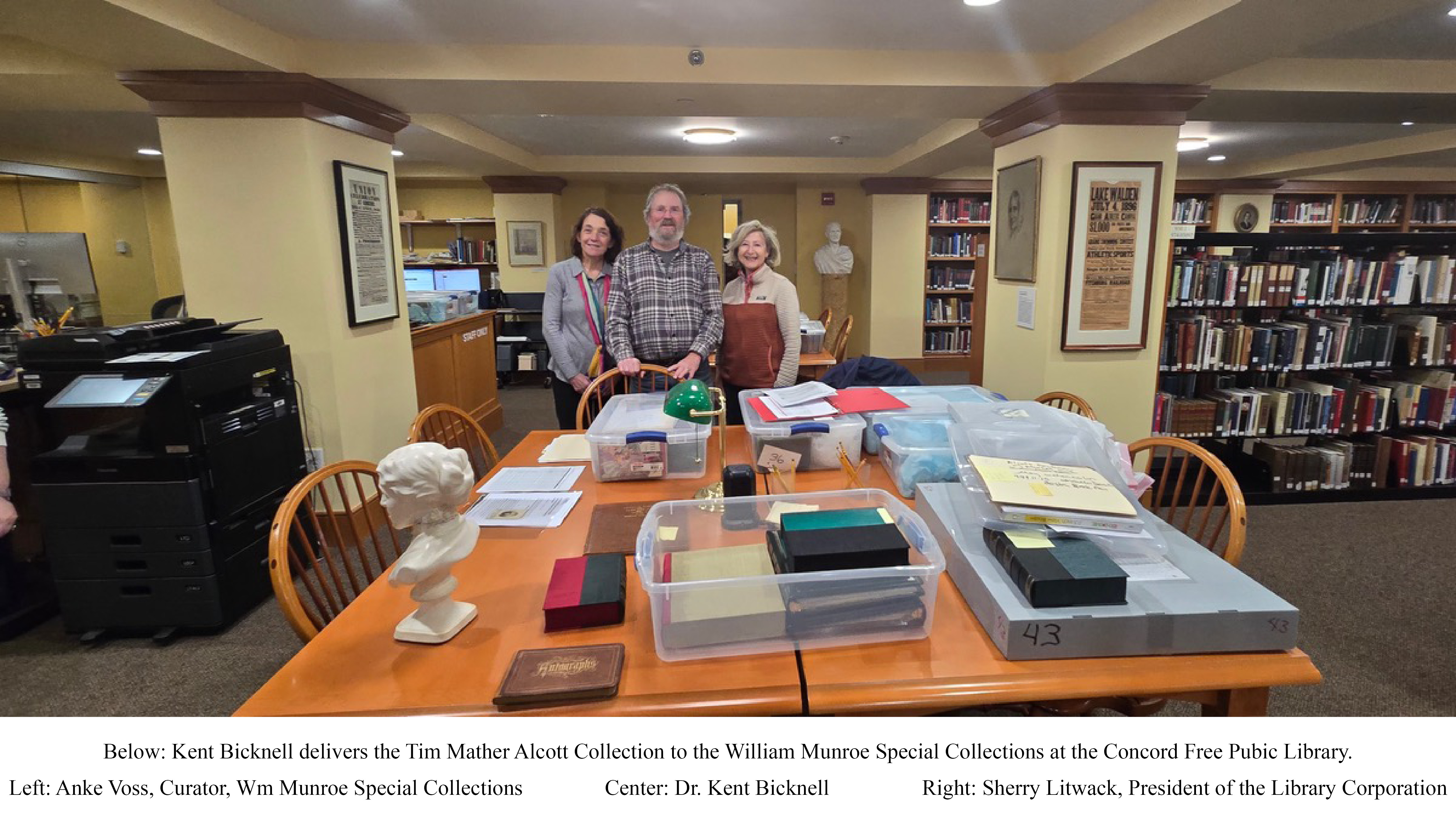Tres brujas escocesas que – ¡SUSTO! – realmente existieron (no hay más que leer un libro llamado La Rama de Plata de Florence Marian MacNeill para aprender algo sobre estas grandes damas) ayudaron a un hombre ambicioso llamado Macbeth a hacerse con un trono al que en realidad su esposa tenía más derecho que el tipo que en ese momento lo ocupaba. Pero para hacerlo, él y estas damas se cargaron la paz del reino. Por tratar con gente conflictiva, o eso dicen algunos, a Macbeth la cosa le salió mal. Ese es el argumento de una de las obras más conocidas de Shakespeare, obra cuyo nombre no se puede pronunciar dentro de un teatro pues eso trae pésima suerte. “La Obra Escocesa” es como uno se refiere a esta obra dentro de un teatro. Ya tuvimos algo que decir sobre esto hace años. Ahora lo que queremos es presentar nuestra traducción al español de los Versos de las Brujas. Se trata de citas muy famosas, que han inspirado a muchos escritores y artistas. Las cogimos de un par de actos de la obra y las hemos juntado para que os sea más fácil haceros una idea de cómo van. ¿Qué hacen las brujas? Preparan un problema gordo para Escocia. ¿Y qué es eso malo que se aproxima? Pues es Macbeth, que antepone su ambición a la paz del reino.
Three Scottish witches that - Surprise! - really existed (you only have to read The Silver Bough by Florence Marian MacNeill to learn about these mighty ladies) helped an ambitious man named Macbeth to win a throne that in truth belonged more justly to his wife than to the fellow who was at that time sitting on it. But to do this, the peace of Scotland had to be disturbed. Because he dealt with dangerous people, or so it is said, things did not turn out right for Macbeth. This is the subject of one of Shakespeare´s better known plays, the one whose name cannot be spoken within a theatre, for that would bring very bad luck. We already had something to say about this years ago. What we want to do today is show you our translation of The Witches' Verses. These are famous quotes from Shakespeare that we have taken from different acts of the play and put together so it will be easier for you to learn them. What are the witches doing as they speak? They are preparing great trouble for Scotland. And what is the wicked thing that is approaching them? It is Macbeth himself, furthering his ambition instead of considering that this will bring trouble to his land.
In the caldron boil and bake. / Cuece en el caldero que rebosa
Eye of newt and toe of frog, / Con ojo de salamandra y dedo de rana,
Wool of bat and tongue of dog, / Lenguas de perro y víbora, y de un murciélago la lana,
Adder's fork and blind-worm's sting, / Ala de buhillo, jamba de lagartija y un lución.
Lizard's leg and owlet's wing./ Estos son los ingredientes de una concocción,
For a charm of powerful trouble, / Que traerá poderosos males, ardiendo e hirviendo,
Like a hell-broth, boil and bubble./ Cual caldo del infierno.
Double, double toil and trouble, / ¡Doble, doble faena y follón!
Fire burn and caldron bubble./ ¡Arda el fuego y burbujee el calderón!
Cool it with a baboon's blood, / Cuando con sangre de babuino el caldo hayamos enfriado,
Then the charm is firm and good. / Un hechizo firme habremos elaborado,
By the pricking of my thumbs, / Y por lo que me pican los pulgares,
Something wicked this way comes./ Sé que algo malo ya se acerca a estos lares.
ESCUCHA / LISTEN
En la peli "Harry Potter y el Prisionero de Azkaban," el coro de ranas de Hogwarts canta su versión de estos versos. Con suerte, podréis escucharla en inglés, pinchando en:
In the film "Hary Potter and the Prisoner of Azkaban," the frog choir of Hogwarts sings its own versión of these vereses. With luck, you will be able to hear it by clicking on:
Más sobre Macbeth / More about Macbeth
Para leer lo que dijimos hace años sobre Macbeth, escribe Macbeth en el buscador de este blog.
To read what we wrote years ago about Macbeth, write the word Macbeth on the searcher of this blog.
Y por cierto, cauldron y caldron son la misma palabra. Personalmente prefiero cauldron, pero...
And by the way, cauldron and caldron are the same word. Personally I prefer cauldron, but...







.jpg)














No comments:
Post a Comment
Hello! Comments are very welcome. Thank you. / ¡Hola! Los comentarios son muy bienvenidos.Gracias.